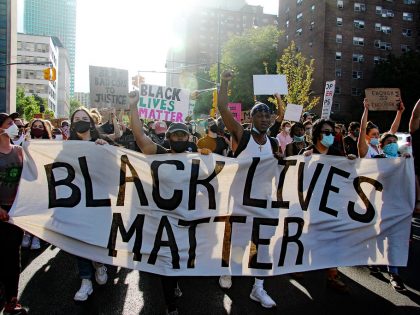
Tupac is alive in Africa
Young Africans are breathing life into Tupac’s memory, channeling his image and his music to be heard and seen in social spaces where they feel neither audible nor visible.

Young Africans are breathing life into Tupac’s memory, channeling his image and his music to be heard and seen in social spaces where they feel neither audible nor visible.

What might Black Lives Matter learn from Africanist scholars who have studied inequality outside the US, especially in Africa?

Reflections from a former President of the African Studies Association (ASA), the largest African Studies association globally, on the future of the discipline.


Hip hop and the Black political mainstream more broadly, continues to have hope in the promises of American capitalism.

Mbembe’s work serves as a guide to understand our fragmented global present and the urgent matter of charting ways out of our shared dark night.

The Democratic Republic of the Congo has a rigid educational system, largely unchanged from the colonial era. Slam artists and activists are working to open it up to alternative spaces of expression.

The history of Africa involves navigating utopian visions and brutal realities as the recent work of Egyptian filmmaker Tamer el-Said's and before that, Ayi Kwei Armah show.

We can only end hunger when people have control over what they eat and how that food is produced.

The recent #EndSARS protest in Nigeria reveals how young people carve out agency in the context of Nigeria's dysfunctional and violent state.

New biographies reveal Wangari Maathai as a reflective scholar and critical thinker.

What could or should full decolonization in Kenya look like?

The risk of obesity increases with socioeconomic status in several African countries, unlike in their European counterparts with comparable income levels.

Les études littéraires africaines devraient donner plus d'espace aux nombreux écrivains vivant sur le continent, dans les langues africaines.

Senegalese writer, Boubacar Boris Diop, on the problematic circuits of teaching African literature first legitimized in Europe in African universities

A new biography of Tanzania's first president, Julius Nyerere, reveals a complicated legacy.

Why the World Food Program doesn't deserve the 2020 Nobel Peace Prize.

Director Abba T. Makama's 'The Lost Okoroshi,' attempts to unpacks identity through masquerades in an increasingly ethnocentric Nigeria.

Despite increased global debate over refugee issues, few discuss these issues in terms of refugee histories, especially histories of Africans seeking refuge in and beyond the continent.

African Studies scholars write for the gate-keepers, to prove our own legitimacy, for the stimulation of conferences and the relief of rising recognition by algorithms.